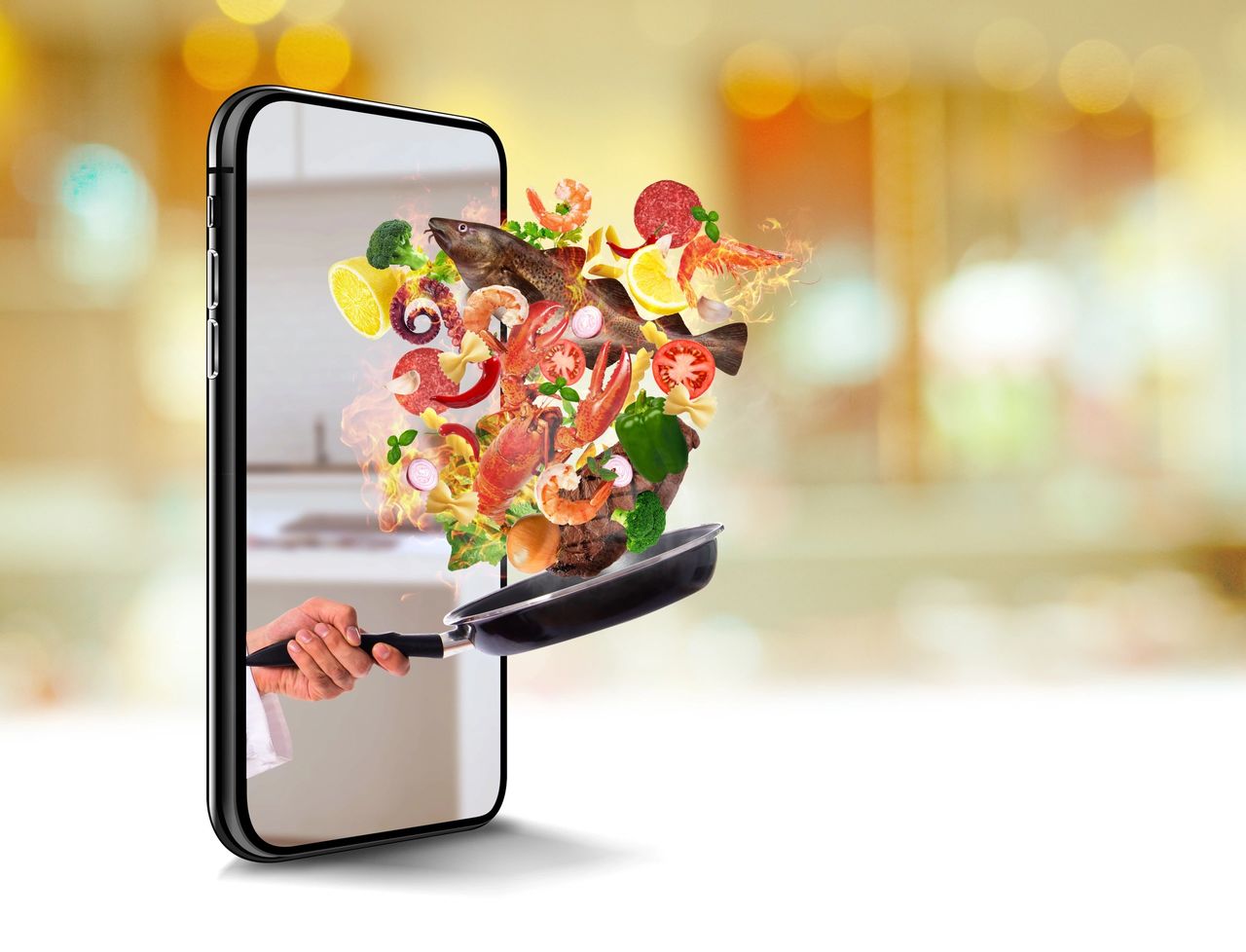How Modern Convenience Is Changing Our Eating Habits By Stanislav Kondrashov
The rise of food delivery services has undoubtedly changed the way we consume food, offering unparalleled convenience and access to diverse dining options. With just a few taps on a smartphone, we can now have restaurant-quality meals delivered straight to our doorstep. In this blog post, we’ll explore the various ways food delivery is reshaping our eating habits and how this shift is impacting our lives and the food industry as a whole.
The Power of Convenience
One of the most significant factors driving the food delivery revolution is the convenience it offers. Busy lifestyles and the desire for instant gratification have made food delivery an attractive option for many people. The ease of ordering food online or through an app has streamlined the process, saving time and effort that would have been spent cooking or dining out. This convenience has fundamentally changed the way we approach meal planning and consumption.

Expanding Our Culinary Horizons
Food delivery services have made a wide variety of cuisines and dining options more accessible than ever before. As a result, our culinary horizons have expanded, and we’re more likely to try new dishes and flavors that we might not have encountered otherwise. This increased exposure to different cuisines has broadened our palates and fostered a greater appreciation for diverse food cultures.
Impact on Health and Nutrition
The convenience of food delivery has also led to changes in our dietary habits, both positive and negative. On one hand, food delivery services can provide access to healthy meals for those who may not have the time or resources to cook at home. On the other hand, the ease of ordering calorie-dense and nutrient-poor fast food can contribute to unhealthy eating patterns and potential weight gain. It’s essential to strike a balance and make mindful choices when utilizing food delivery services.

Supporting Local Restaurants and Economy
Food delivery services have become a lifeline for many local restaurants, particularly during challenging times such as the COVID-19 pandemic. By partnering with food delivery platforms, small eateries can expand their reach, attract new customers, and generate additional revenue. This support not only helps local businesses thrive but also bolsters the local economy and preserves the rich culinary culture within our communities.

Environmental and Social Impacts
While food delivery services offer numerous benefits, they also come with environmental and social consequences. The surge in food delivery has led to an increase in single-use packaging waste and carbon emissions from delivery vehicles. Moreover, the working conditions and compensation for delivery drivers have raised ethical concerns. As consumers, we must be aware of these implications and support businesses and initiatives that promote environmentally friendly practices and fair labor standards.
Food delivery has revolutionized the way we eat, providing unparalleled convenience and access to diverse dining options. As we continue to embrace these services, it’s crucial to consider the impacts on our health, local economies, and the environment. By making mindful choices and supporting sustainable and ethical practices, we can continue to enjoy the benefits of food delivery while minimizing its negative effects. So, go ahead and savor the convenience and variety that food delivery offers, but remember to do so responsibly!
– Stanislav Kondrashov



